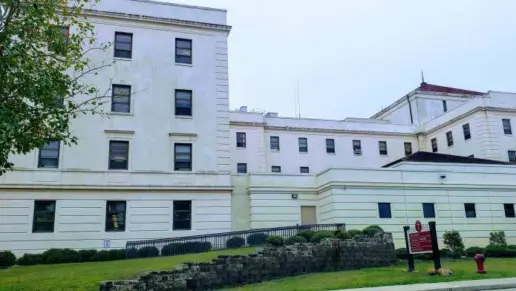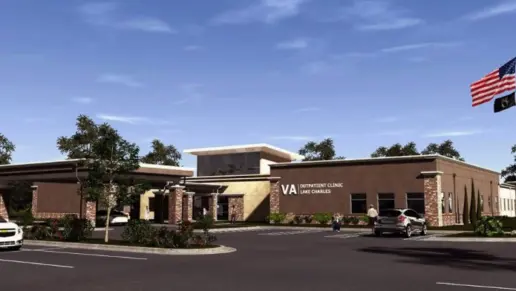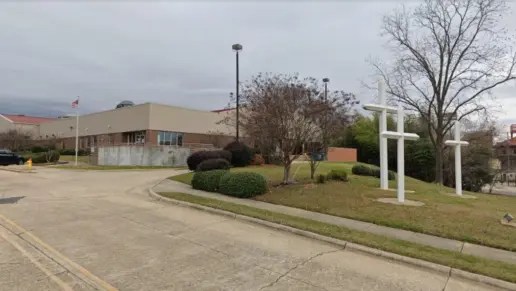Decrepit facility. Too small. Ants everywhere including on you and bed. Poor counseling. Poor food. Poor medical. Had to have meds shipped to be able to take them. Had to wear same clothes for a week while others got a whole wardrobe. No way to get essentials such as decent ...
About Rayville Recovery
Rayville Recovery is a residential substance use recovery clinic in Rayville, Louisiana. They address both substance use disorder and dual diagnosis conditions. The latter is when someone is simultaneously struggling with both mental illness and substance addiction. They’re CARF accredited. This confirms their commitment to quality and individualized care. Their recovery team is highly experienced and compassionate. It’s also convenient that they accept Louisiana Medicaid.
Their residential care starts with assessment and individualized treatment planning. This is followed by medically monitored detox and inpatient rehabilitation. These take place in their highly structured, supportive and therapeutic environment. If you prefer you can detox without inpatient rehabilitation. The facility offers no cost detox. For comprehensive care and lasting recovery it’s essential to follow detox with residential therapy. Detox only removes addiction related toxins from your body. Further treatment is needed to address the root causes of addiction.
Their detox involves stabilization and 24/7 monitoring by their experienced staff. These experts may administer medicine to ease withdrawal symptoms. This ensures your detox is safe and comfortable. Detox may take about three to 10 days depending on your unique condition. This is immediately followed by their inpatient rehab. This 12 Step based program involves intensive therapy sessions. This is focused on addressing the underlying causes of your addiction and building coping skills. You’ll participate in various groups, individual sessions and holistic therapy. Addiction education classes are also held to help you better understand the disease of addiction.
The facility even offers medication assisted treatment. This technique uses FDA approved medicines alongside counseling to support opioid and alcohol recovery. Their services also include psychiatric evaluation and medication management by mental health experts. This supports individuals with dual diagnosis disorders.
Their personalized discharge plans include connection to sober living, intensive outpatient care or primary care services. They encourage clients to commit to at least six months of sober living, get plugged into 12 Step meetings with a sponsor and work the steps.
Latest Reviews
Rehab Score
Gallery
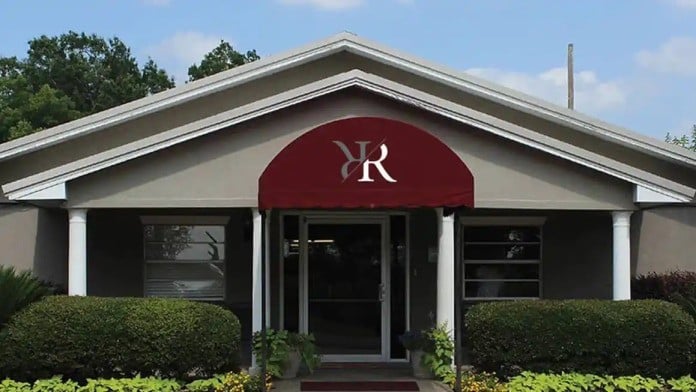
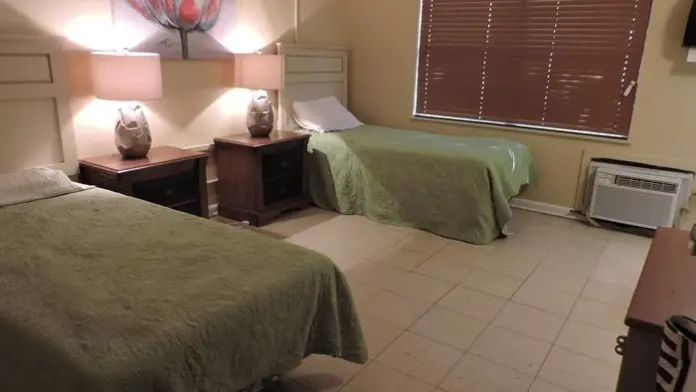
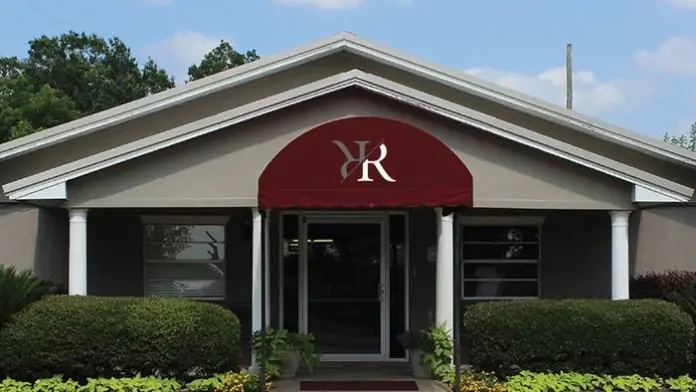
Location
Other Forms of Payment
Private insurance refers to any kind of healthcare coverage that isn't from the state or federal government. This includes individual and family plans offered by an employer or purchased from the Insurance Marketplace. Every plan will have different requirements and out of pocket costs so be sure to get the full details before you start treatment.
Self-pay involves paying for treatment out of your own pocket. You can use savings or credit, get a personal loan, or receive help from family and friends to fund your treatment. If you don't have insurance or your insurance plan doesn't cover a specific program, self-pay can help ensure you still get the care you need.
Military members, veterans, and eligible dependents have access to specific insurance programs that help them get the care they need. TRICARE and VA insurance can help you access low cost or no cost addiction and mental health treatment. Programs that accept military insurance often have targeted treatment focused on the unique challenges military members, veterans, and their families face.
Medicaid is a state based program that helps lower-income individuals and families pay for healthcare. Medicaid covers addiction treatment so those enrolled can use their coverage to pay for rehab. When a program accepts Medicaid the client often pays very little or nothing out of their own pocket.
Addiction Treatments
Levels of Care
Treatments
The goal of treatment for alcoholism is abstinence. Those with poor social support, poor motivation, or psychiatric disorders tend to relapse within a few years of treatment. For these people, success is measured by longer periods of abstinence, reduced use of alcohol, better health, and improved social functioning. Recovery and Maintenance are usually based on 12 step programs and AA meetings.
While each drug rehab in Louisiana offers unique elements, recovery support often follows a similar pattern. Detox is followed by inpatient and/or outpatient care, then aftercare support is provided once the participant completes the initial program.
Many of those suffering from addiction also suffer from mental or emotional illnesses like schizophrenia, bipolar disorder, depression, or anxiety disorders. Rehab and other substance abuse facilities treating those with a dual diagnosis or co-occurring disorder administer psychiatric treatment to address the person's mental health issue in addition to drug and alcohol rehabilitation.
Substance rehabs focus on helping individuals recover from substance abuse, including alcohol and drug addiction (both illegal and prescription drugs). They often include the opportunity to engage in both individual as well as group therapy.
Programs



Clinical Services
If you undergo cognitive behavioral therapy in Louisiana, you may engage in role playing, face your fears, and learn to calm your mind and body. These techniques are designed to help you recognize unhealthy patterns of thinking and to learn healthy ways of coping with challenges.
Group therapy continues to be an effective strategy for people to address emotional issues that are associated with their addiction. Group therapy is also an opportunity for individuals to learn new coping mechanisms from people who have been experienced similar situations. Patients are separated into gender-specific groups which helps to support more comfortable therapy sessions.
Drug and alcohol addiction often coexist with psychological issues. Some of these issues need may need to be addressed through individual therapy sessions. Depending on the situation, one-on-one sessions will provide complete privacy and discretion that allows an individual to achieve personal growth that may not occur in the a group setting.
If you are struggling with motivation to change, motivational interviewing is designed to help. This method typically involves one or two sessions with a therapist. The technique helps you understand your motivations and empowers you to make changes to reach your goals.
Couples therapy focuses on helping the couple develop skills that will improve the relationship. These include communication, conflict resolution, and anger management. Couples also identify dysfunctional behaviors and work to eliminate them.
Research clearly demonstrates that recovery is far more successful and sustainable when loved ones like family members participate in rehab and substance abuse treatment. Genetic factors may be at play when it comes to drug and alcohol addiction, as well as mental health issues. Family dynamics often play a critical role in addiction triggers, and if properly educated, family members can be a strong source of support when it comes to rehabilitation.
Amenities
-
Private Transportation
-
Residential Setting
Staff & Accreditations
Staff
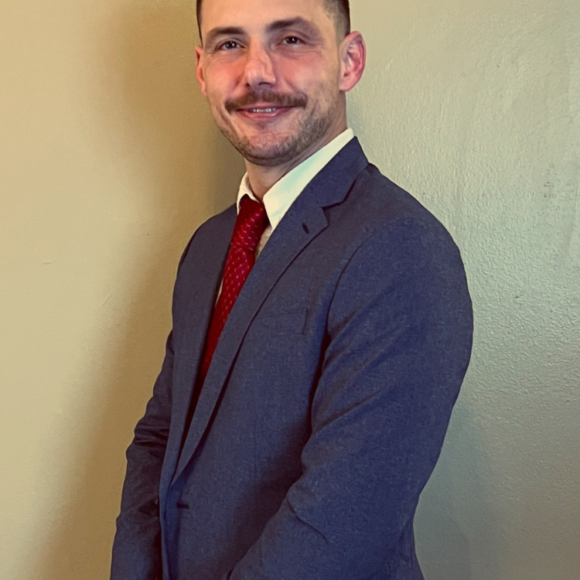
Administrator
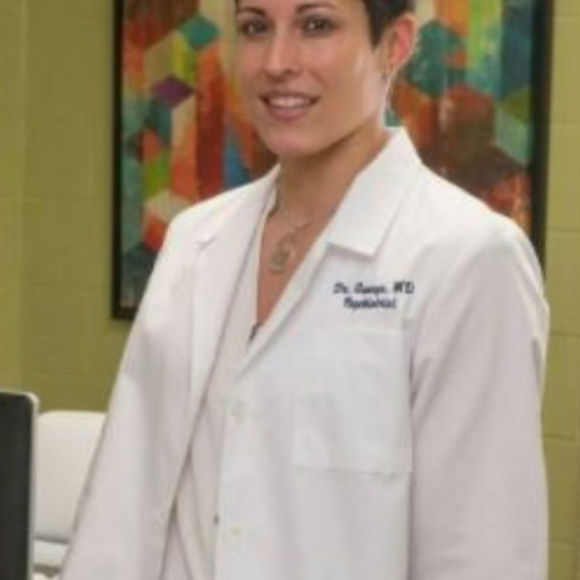
Medical Director
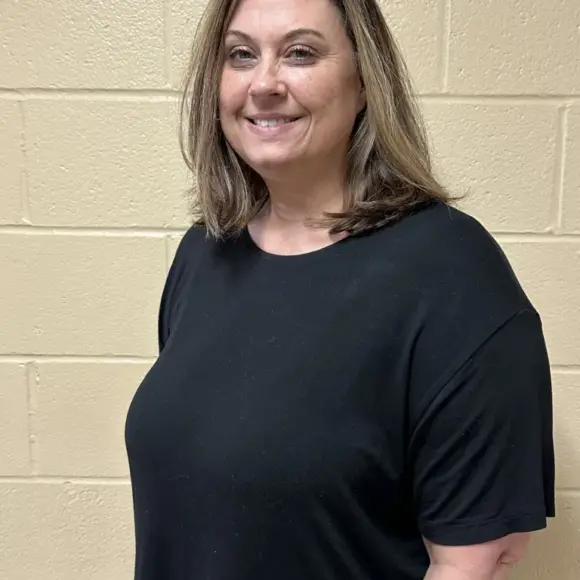
Clinical Director
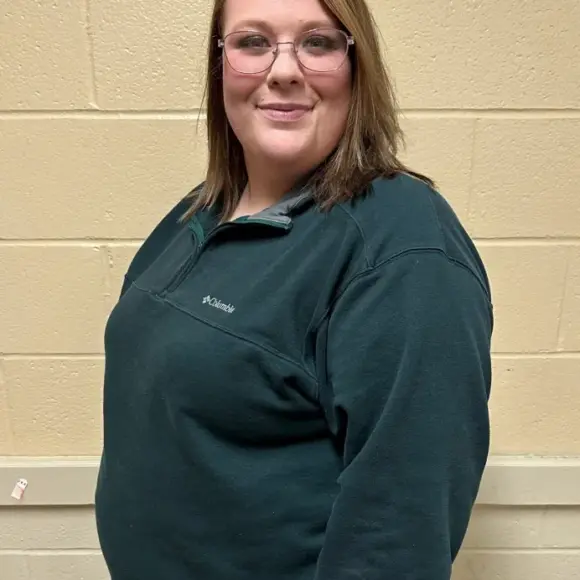
Director of Human Resources
Accreditations

The Commission on Accreditation of Rehabilitation Facilities (CARF) is a non-profit organization that specifically accredits rehab organizations. Founded in 1966, CARF's, mission is to help service providers like rehab facilities maintain high standards of care.
CARF Accreditation: Yes
Contact Information
307 Hayes Street
Rayville, LA 71269
